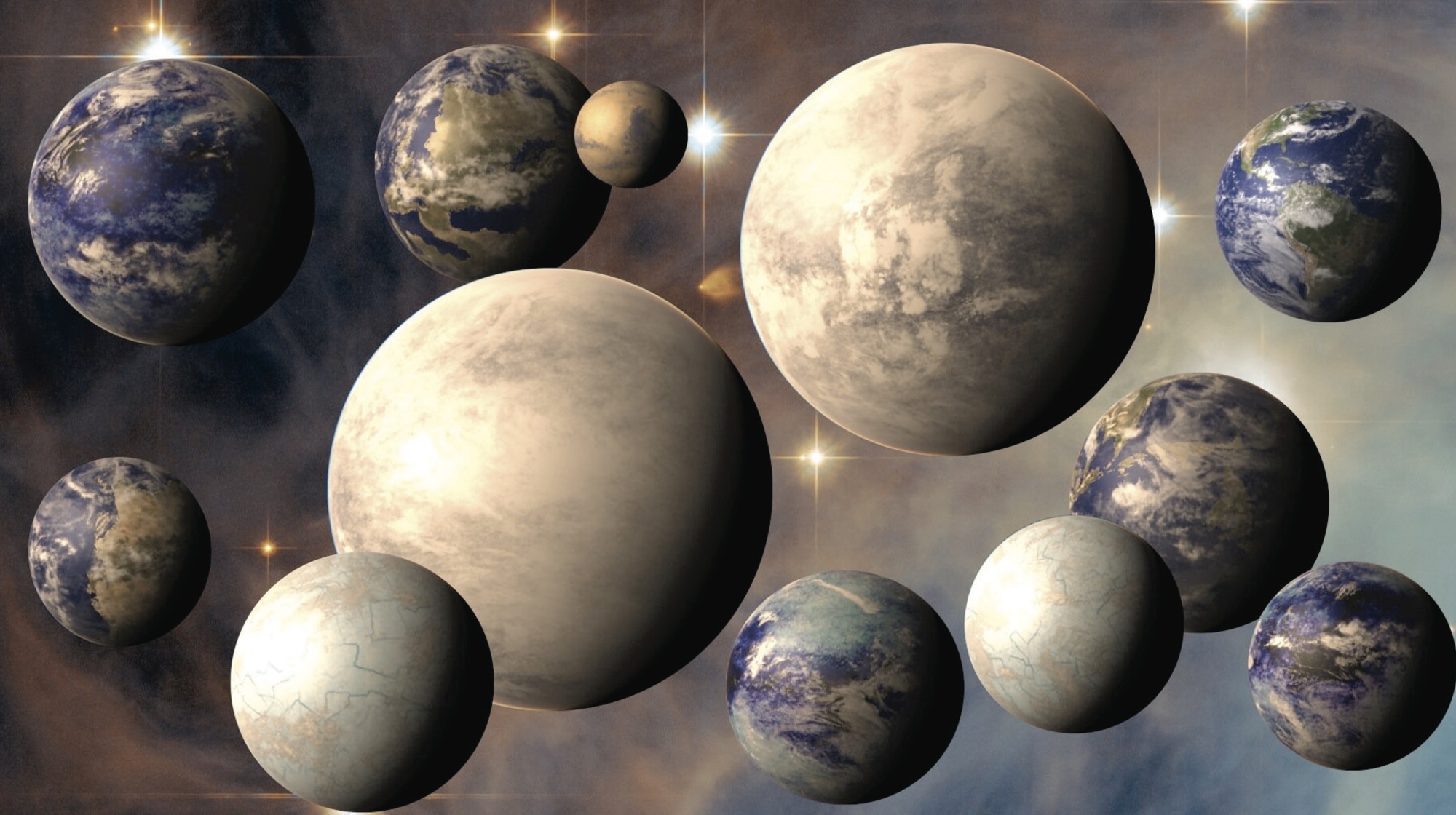Astronomers have broken new ground in the search for Earth-like planets with the potential to support life. The study of transit signals produced when a planet passes in front of its star has led to the discovery that there are more than two thousand stars from which the Earth can be detected during the era of human civilization, dating back to prehistoric times. This method is key in the arsenal of modern methods for searching for exoplanets and has already led to the discovery of over three thousand worlds.
Using data obtained from the Gaia spacecraft, researchers from Cornell University and the American Museum of Natural History confirmed that Earthlings could be detected by inhabitants of other planetary systems. Their work assessed the chances of our planet being noticed from other star systems not only at the present time, but also looking back 5,000 years, which suggests that the earth could already have been noticed by advanced civilizations in the past.
In the foreseeable future, over the next five thousand years, 319 additional stars will have a chance to join the ranks of those observing our world. The study’s authors claim that 2,034 star systems are in an ideal position to study Earth, as if they had VIP tickets to our planetary stage. Among them, 75 could already receive weak, but the first creations of human radio technology, which makes them especially interesting for searching for extraterrestrial listeners.
Of this group, seven stars have planets most suitable for life, including Ross-128, with its Earth-like exoplanet, and the TRAPPIST-1 system, known for its water worlds.
Understanding and searching for potentially habitable exoplanets is not only exciting, but also an extremely important aspect of astronomy, as it opens up opportunities for future exploration and even interstellar communication. In addition, it helps us better understand what kind of trace we can leave in space and how important it is to take care of the information purity of our radio signal presence in the galaxy.

